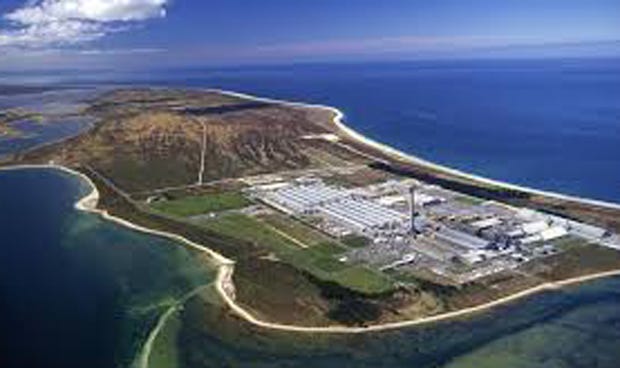It's difficult to think of a more crippling blow Southland could suffer than the loss of the Tiwai Point aluminium smelter.
Some might say the loss of the dairy or sheep meat industry would be worse, but given the geographic and meteorological advantages, the province enjoys that is unlikely and only ever likely to happen in the wake of a massive switch to plant-based food supplies, hard as that may be to envisage.

But the loss of the smelter, a provider of work for nearly 60 years, not only in the smelting process itself, but the down-stream industries, and also the electrical maintenance on the lines from Deep Cove which was why the smelter was built in the first place, is a crippling blow.
Many forget that Southland is the closest geographical point of New Zealand to Australia and that, along with the access to cheap power, proved the attraction to setting up shop at Tiwai Point while taking advantage of the specially-built Manapouri power scheme, and all its attendant controversies.
While the community generally suffers, it also has an effect on sport in the community. The nature of shift work to operate the massive factory meant that it was not a magnet for sportsmen looking for employment.
But the families of workers did play a big part in the Southland sports community, contributing to the base of various sports.
Losing 1000 jobs equates to 1000 families and in a province like Southland that is a worrying factor. The figure is exacerbated when the downstream industries, estimated to involve 1600 other workers, also suffer.
That's not forgetting the contribution various management teams at the smelter have made by way of sponsorship of sports teams through the years.
And it's not as if someone else can come along and set up shop to fill the void.
As the Rio Tinto company has said, the price of aluminium is not competitive enough to sustain the operation at Tiwai Point.
For anyone contending that sport would not be affected consider the fate of another Southland town with a significant industrial history.
Mataura, the town that produced All Blacks in Justin Marshall, Jimmy Cowan, Neil McGregor and Lloyd Ashby, can't even field a senior rugby team in 2020. It has junior grades and that is all.
It has lost a paper mill that had opened in the 1870s before being closed in the 1990s while the output of the frozen meat plant run by the Alliance company had been significantly reduced with part of the complex being given the wrecking ball treatment.
What was a four sheep chain operation, employing more than 1000, now is solely a beef operation working on two shifts with 3-400 involved.
No community can sustain such losses and the concern will be that Invercargill is set for a similar outlook, not only industrially, but on the sports scene as well.
And that's without mentioning the threats that surrounded tertiary education in the city and all the consequences that could have.
In a time when the world is in such a destabilised state given the lack of moral leadership out of the United States and the pandemic affecting most of the globe, the loss for southerners is immeasurable and sport can't help but be collateral damage in that process.


